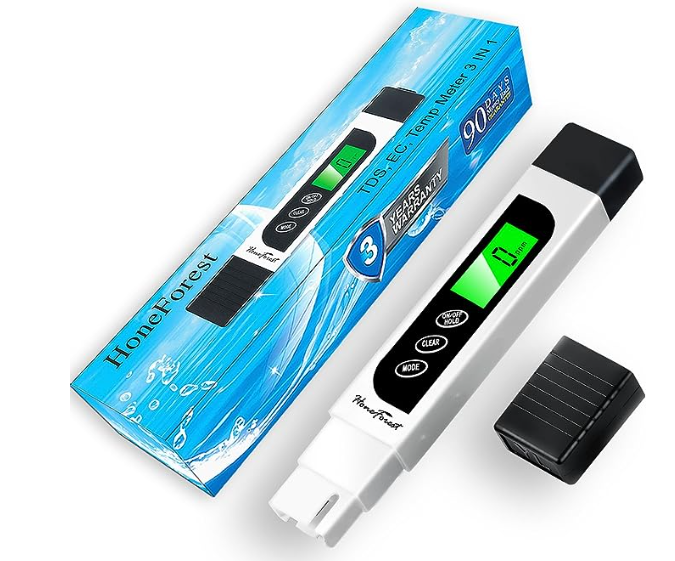- calendar_month September 2, 2024
- folder Sharing

Ensuring the quality of your drinking water is crucial for maintaining your health and well-being. With potential contaminants ranging from harmful chemicals to microorganisms, the safety of your water is not something to take lightly. One of the most effective ways to ensure your water is safe is by using a water quality test meter.
A water quality test meter is a small, portable device designed to measure various parameters of your water, such as pH levels, total dissolved solids (TDS), and contaminants like chlorine or heavy metals. By providing real-time data, this tool allows you to detect issues that might not be visible or detectable by taste or smell.
Testing your water regularly with a water quality meter can help identify problems early on. For instance, high levels of TDS may indicate the presence of harmful substances like lead, arsenic, or nitrates. Similarly, an abnormal pH level could point to chemical imbalances that may be harmful if consumed over time. Detecting these issues early allows you to take corrective measures, whether it’s installing a filtration system, contacting your water provider, or seeking alternative water sources.
Beyond safety, using a water quality test meter can also save you money. By knowing the exact quality of your water, you can avoid unnecessary purchases of bottled water or expensive filtration systems that may not be needed. Additionally, for those on well water, regular testing can prevent costly damage to plumbing and appliances caused by poor water quality.
In conclusion, a water quality test meter is an invaluable tool for anyone concerned about their drinking water. By regularly testing your water, you can ensure its safety, avoid potential health risks, and even save money in the long run.
